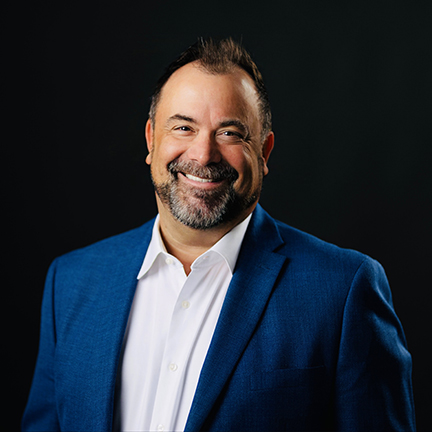
A slip and fall may seem minor at first, but these accidents can lead to serious injuries, sometimes with long-term consequences. It’s important that you take the right steps to protect your rights after you slip and fall.
The 8 things to do after a slip and fall accident include seeking medical attention, reporting and documenting the incident, and speaking with an attorney as soon as possible. For more help, contact a Tacoma slip and fall accident lawyer now.
To learn more about the 8 things to do after a slip and fall incident, check out this thorough guide.
1. Seek Immediate Medical Attention
Even if you feel “okay” after a fall, it’s essential to see a doctor. Slip and fall injuries aren’t always obvious at first—issues like concussions, internal bleeding, or soft tissue injuries can take time to surface.
Getting medical care not only ensures your safety but also provides crucial documentation of your injuries. Make sure to tell the doctor exactly how the fall happened and where you’re experiencing pain. These medical records will be a key part of any injury claim.
For a free legal consultation, call (253) 238-2558
2. Report the Incident
Notify the property owner, store manager, landlord, or whoever is in charge of the premises where you fell. Reporting the accident as soon as possible creates a paper trail and may lead to an incident report—another important piece of evidence in your case.
Be factual, not emotional. Give the basic details of what happened, and if you’re filling out a report, request a copy before leaving the scene. If they refuse, take note of who you spoke with and the time.
3. Document the Scene
Slip and fall evidence can disappear quickly, whether it’s a wet floor that gets mopped up or a broken tile that’s replaced. That’s why documenting the scene immediately is so important. Use your phone to take pictures or videos of:
- The exact area where you fell
- Any visible hazards (wet floors, uneven pavement, poor lighting, etc.)
- Your injuries, shoes, or clothing (especially if damaged or stained)
Include nearby warning signs—or the lack thereof. These images could make or break your case.
Click to contact our personal injury lawyers today
4. Get Witness Information
If anyone saw you fall or noticed the hazard before or after the accident, ask for their name and contact information. Witnesses can help back up your version of events and strengthen your claim.
Don’t assume employees will vouch for you—they’re often coached to protect their employer. Independent witnesses, such as other customers or tenants, are especially helpful.
Complete a Free Case Evaluation form now
5. Avoid Giving Statements to Insurers or Property Owners Without Legal Advice
After a slip and fall, you might get a call from the property’s insurance company or representatives. Be cautious. Their goal is usually to limit the amount they have to pay or deny your claim entirely.
Don’t give recorded statements, sign anything, or discuss details of your injuries or the accident without talking to an attorney first. Even an innocent comment can be twisted and used against you later.
6. Preserve Evidence and Clothing
Don’t throw away or wash the clothes and shoes you were wearing when you fell. They might hold physical evidence like blood, stains, or signs of the hazardous condition (such as slippery residue).
Also, preserve medical bills, emails, prescriptions, injury photos, and any other relevant documents. Keeping everything in one place will help your attorney build the strongest case possible.
7. Speak to an Experienced Slip and Fall Attorney at NextLaw
Slip and fall cases are harder to prove than people realize. Property owners and businesses often try to deny fault or claim that you were careless. An experienced personal injury attorney knows how to investigate, gather evidence, and deal with insurance companies.
A lawyer at NextLaw can help determine whether the property owner was negligent, what damages you’re entitled to, and how best to move forward with a claim. Most slip and fall attorneys work on a contingency basis, meaning you don’t pay unless they win your case.
8. Know What Compensation You May Be Entitled To
A successful slip and fall claim can cover a wide range of damages, including:
- Medical expenses (past and future)
- Lost income and diminished earning capacity
- Pain and suffering
- Emotional distress
- Disability or long-term rehabilitation costs
Your attorney will help calculate a fair settlement based on your unique circumstances. Don’t accept a lowball offer from insurance—many victims settle too early without understanding the full extent of their injuries.
Call Dan Next to Get Your Free Slip and Fall Accident Consultation
Now you know about the 8 things to do after a slip and fall accident. By taking the right steps—from getting medical care and documenting the scene to speaking with a knowledgeable attorney—you protect your health, your rights, and your ability to recover fair compensation.
At NextLaw, we’re here to guide you through every step of the legal process. Our experienced legal team is available 24/7 to answer your slip and fall injury questions, explain your rights, and help you pursue the compensation you deserve.
Call Dan Next for a free consultation, then visit our blog for more information.
Call or text (253) 238-2558 or complete a Free Case Evaluation form



